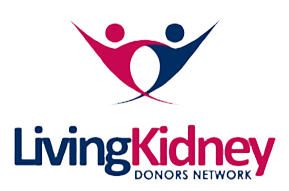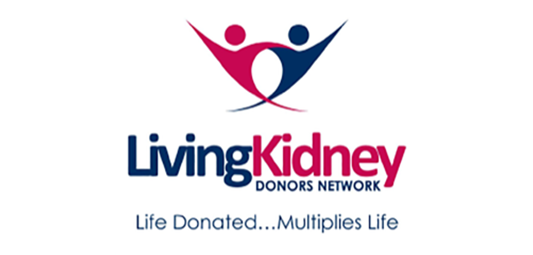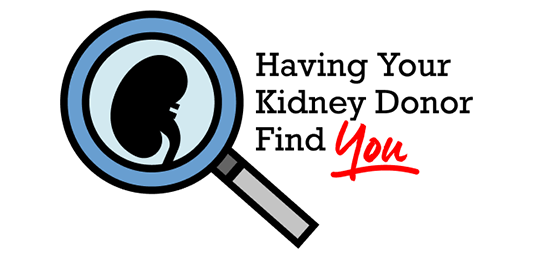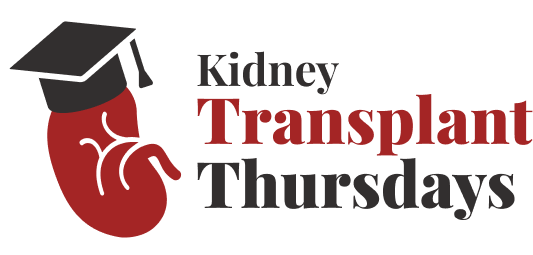Matching Recipient and Donors
The terms “match”, “matching” or a “perfect match” are often misused or misunderstood when referring to a donor being able to donate to their intended recipient..
A clearer way of describing the evaluation process between a recipient and donor would be to use the terms, “suitable” and “compatible”. A suitable donor is someone that is healthy enough to onate. A donor is compatible when all the tests are finalized and a suitable donor is able to donate to their intended recipient.
Donor/recipient compatibility is dependent on the following:
Blood Type Matching
Scientists have known for many years that blood group matching is important in transfusion and it is equally important in kidney transplantation.
There are four major blood types. These types are simply noted as blood type A, B, AB and O.
The positive or negative feature in blood typing is not a factor when determining compatibility between a donor and a recipient for a kidney transplant.
| Blood Type Compatibility Chart | |
| A Donor with Blood Type: | Can Donate To: |
| O (Universal Donor) | A, B, AB, O |
| A | A or AB (O)* |
| B | B or AB |
| AB | AB |
| A Recipient with Blood Type: | Can Receive From: |
| O | O (A)* |
| A | A or O |
| B | B or O |
| AB (Universal Recipient) | A or B or AB or O |
(A donor with Blood Type O is the Universal Donor, this donor can donate to any other blood type.)
(A recipient with Blood Type AB is the Universal Recipient, recipients with AB blood ca receive a kidney from all other blood types.)
* A small subgroup of donors with blood type A may be able to donate to a blood type O recipient.
PRA’s - Panel Reactive Antibodies
There’s a blood test that measures the level of antibodies in the recipient’s blood, commonly referred to as measuring PRAs. The more of these “antibodies” in your blood, the more difficult it will be to find a compatible donor. A person's PRA is measured as a percentage, from 0% to 100%. The percentage represents the percent of the population that in unable to be your donor. For example, having a PRA of 25 means that 25% of the population will not be able to donate a kidney to you. The antibodies present in your blood would attack the transplanted kidney and can cause immediate rejection.
Simply stated, having a high PRA can significantly limit the number of people that will be able to donate to you. You can develop these antibodies in your blood from a blood transfusion, an earlier transplant or for some women, from being pregnant. Having a high level of antibodies is also referred to as being sensitized.
There are ways of lowering PRA’s through a procedure called Plasmapheresis, a blood-cleansing process that can lower the antibodies in your blood.
The Cross Match
The cross match mixes the blood of the recipient and donor to determine whether or not the recipient will reject the transplanted kidney.
Either the cross match is positive or negative. A positive cross match means that the transplant should not proceed. A negative cross match means that the recipient has not reacted to the donor and therefore the transplant can proceed.
© Living Kidney Donors Network | A Nonprofit 501(c)3 Organization | Contact Us



